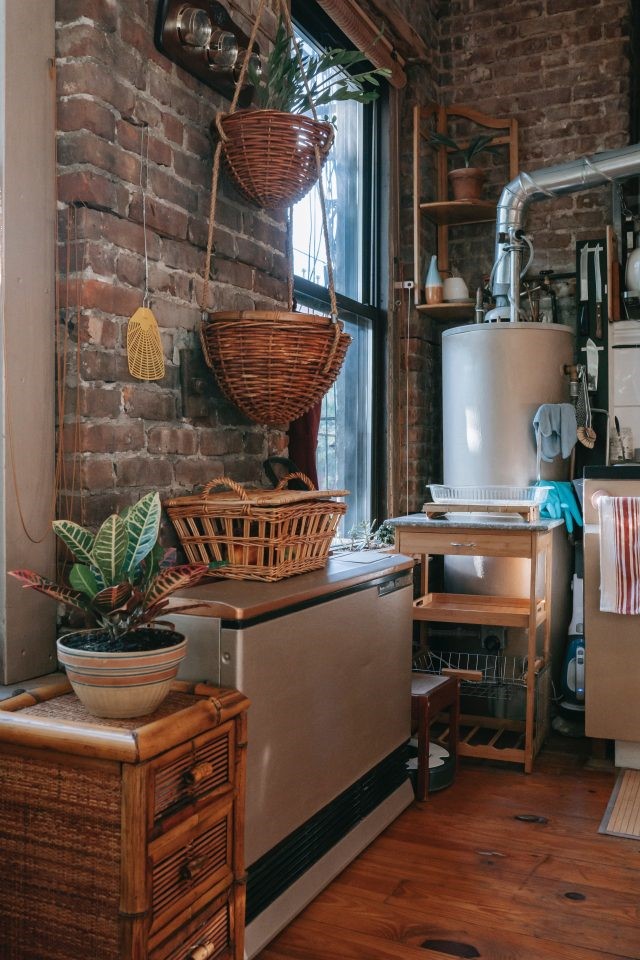Your central heating is intended to be a closed system. While it’s operating, no extra water is supposed to go in or out. If your boiler starts to leak, then, you have a problem – and one that’s going to only worsen with time. Sometimes, this means you’ll need to fork out for a replacement; often, it’s a quicker repair.
Why does a Boiler leak?
When the pressure within your central heating gets too high, a modern boiler will step in to stop damage from occurring. If it didn’t, then your pipes (or the boiler itself) might rupture. Fortunately, there’s a special device called a relief valve which prevents this from happening.
Sometimes, the build-up of mineral deposits within the boiler will cause the pressure to increase – you’ll effectively have the same volume of water being pushed through a smaller area. Where it’s passing through a small pipe to begin with, the problem only gets more severe.
The relief valve isn’t the only component that might spring a leak. If the temperature valve starts leaking, then it might be a sign of a failed temperature probe, which will need to be replaced. New boiler installations might spring small leaks, which might go undetected before the engineer leaves. Finally, old boilers are vulnerable to corrosion, which can eventually cause the pipes within to rupture, and for water to leak from the bottom.
How can I stop the boiler leaking?
Controlling the pressure will prevent leaks – some of the time. If it’s too high, then you should make sure that the filling loop beneath your boiler is closed before bleeding a radiator. Generally, you should keep the pressure between 1.5 and 2 bars. The appropriate pressure range should be indicated on the boiler itself. It’s a good idea to keep an eye on the pressure even before the system has begun to leak – in many cases you’ll prevent damage from occurring before it does.
In some cases, a component might need replacing. This isn’t something that you can DIY – doing so will invariably invalidate your warrantee, and possibly put you in danger. Get a Gas Safe engineer out.
Is it too late?
If there is widespread corrosion throughout the boiler, then it’s going to develop further faults as time goes on. It’s best to bite the bullet and replace a boiler that’s in this state. That said, sometimes the damage is reversible, if the corrosion is limited to a particular component. The longer you leave the leak unaddressed, the likelier it’ll be to become too severe to fix.





